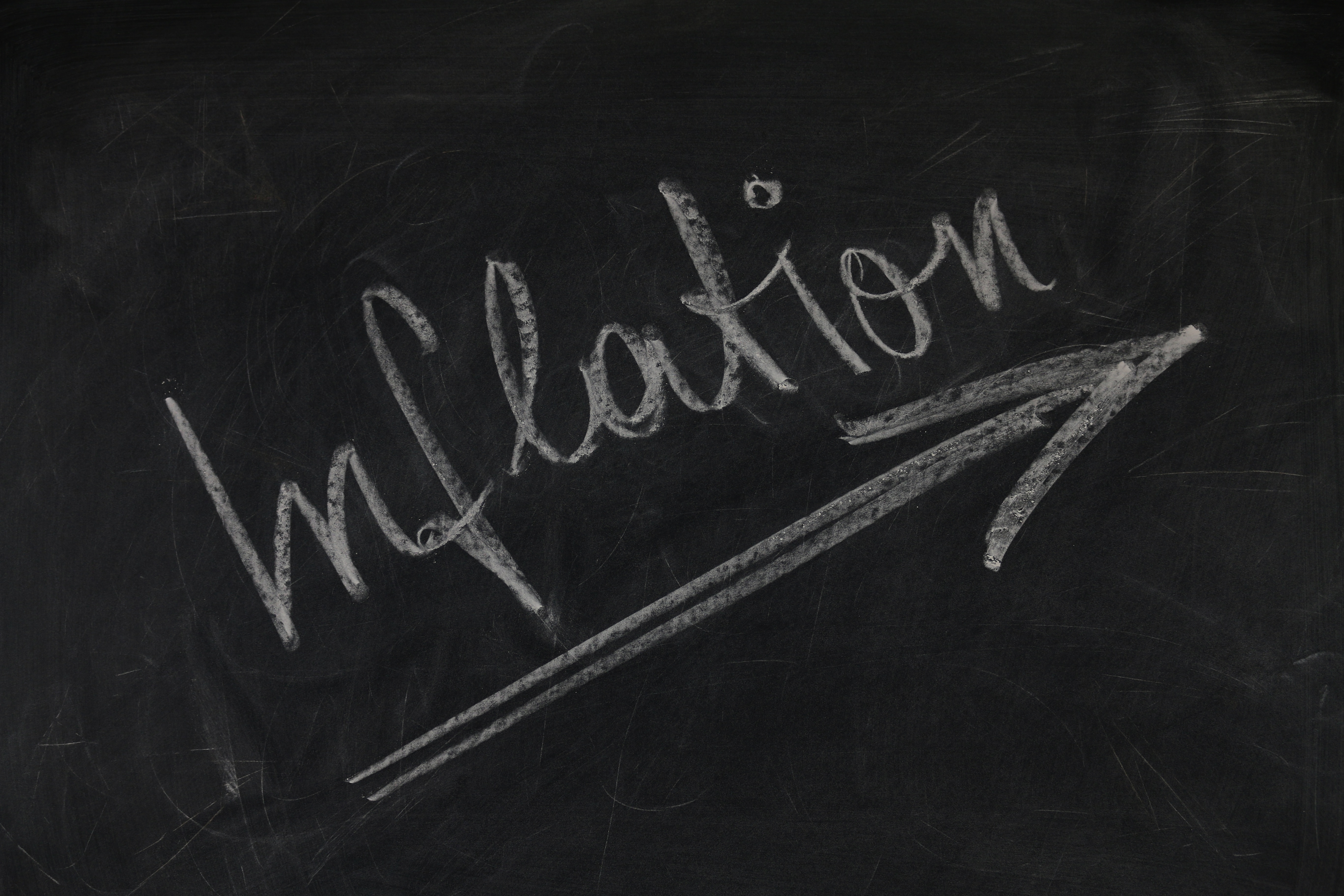Should You Invest In A CD (certificate of deposit) Account?
Many people have asked me whether it is a good idea to invest in a CD account. They mention the stability of their interest rates and the fact that they are insured, making them "safe investments". While I do think that putting your money into one of these accounts is safe, I don't think it's a good way to invest it.

To briefly elaborate on what a CD account is I'll use the Wikipedia entry, which states that "A certificate of deposit (CD) is a time deposit, a financial product commonly sold in the United States and elsewhere by banks, thrift institutions, and credit unions. CDs are similar to savings accounts in that they are insured "money in the bank" and thus virtually risk free." https://en.wikipedia.org/wiki/Certificate_of_deposit
- If you'd like to read up on this more I've added the link to the entry.
Certificate of Deposit accounts usually offer a higher interest rate than regular savings, but they come with strings attached, the most notable drawback being the fact that your funds are locked in the account until it reaches its maturity date. If you choose to withdraw your funds before the account has reached maturity, you'll have to pay an early-withdrawal fee. So flexibility in terms of keeping your finances as liquid as possible becomes restrained. This results in opportunities being missed, especially if you've locked up a large portion of your finances in the CD account for a long period of time.
Another drawback is that the interest rate for CD accounts is fixed so it does mitigate potential losses if the economy suffers but it also loses out in times of economic prosperity. It also has to keep up with inflation, which is around 1-4% per year on average in most countries. This might not seem like much of an issue at first glance, but consider that the average annual inflation rate for the past 10 years in the US was 3.22%. At that rate prices will double every 20 years. Most banks offer rates of around 1.9%-2.2% for one year term deposits and 2%- 2.6% on five year deposits.
These figures were taken on February 1st 2018 from banks that offer some of the best CD rates currently:
EverBank, 2.65% APY
Marcus by Goldman Sachs, 2.60% APY
Capital One 360, 2.65% APY
Barclays, 2.55% APY
Synchrony Bank, 2.50% APY
Ally Bank, 2.50% APY
Discover Bank, 2.45% APY
- APY means annual percentage yield.
Even using the Ladder Strategy (see the Wikipedia entry) is hardly worth it as the inflation rate is usually higher than the interest rate that the bank offers. Most people don't know about laddering, they usually opt to invest their money for longer periods of time due to the higher interest rate and do not take into account that inflation will be competing with their investment. An investment that has a fixed interest rate. Due to this, once they get their returns they usually either break even as their money is not worth as much due to inflation being higher than their rate of return, or end up with a failed investment, which would be worth less, if inflation rises too much.